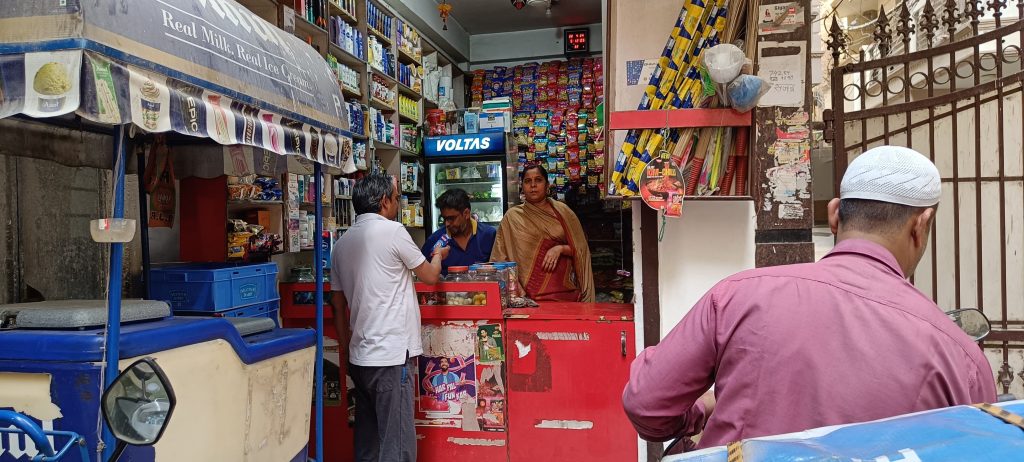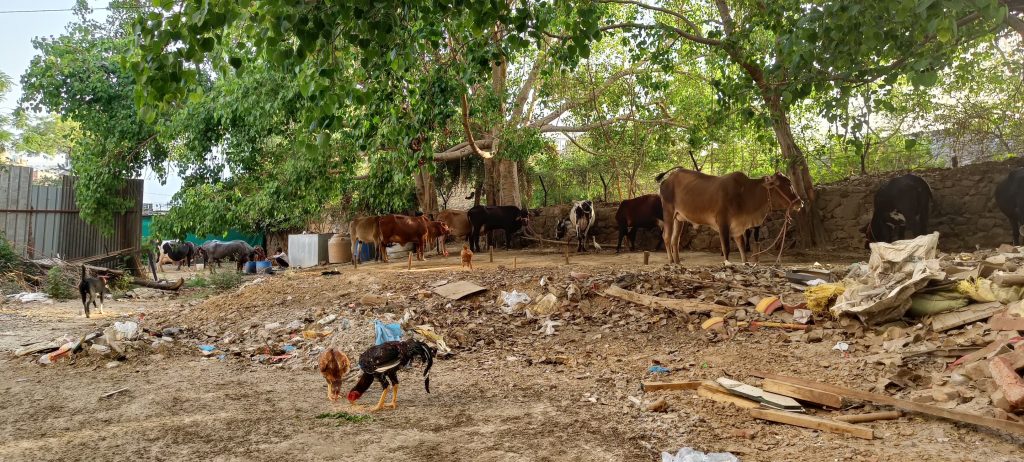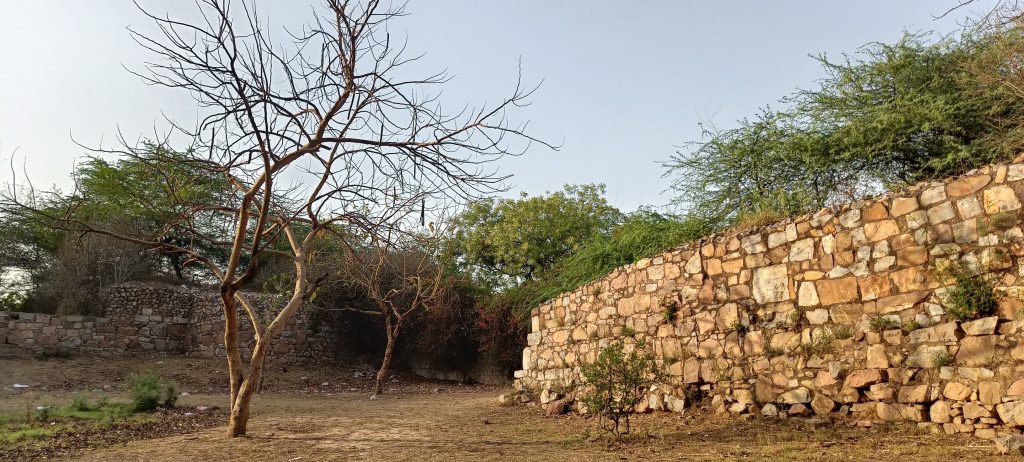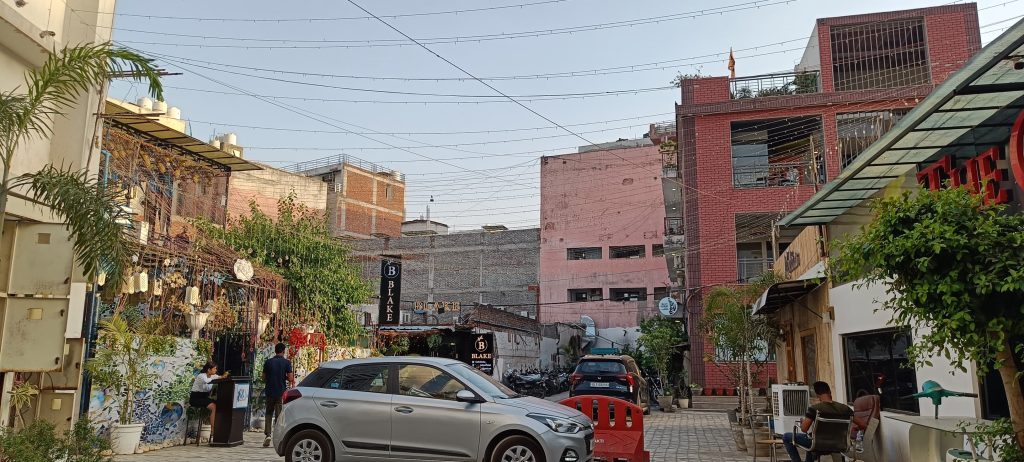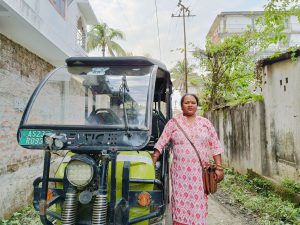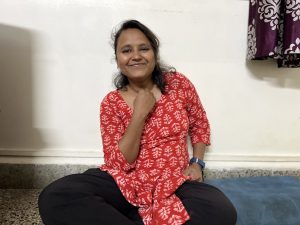[Readmelater]
‘Inflation Does Not Allow Us To Be Vulnerable, We Just Work Non-Stop’
The small business run by the Paswan family survives through relentless work. Even after 30 years of this, the only way to make ends meet and save some money is by limiting expenses to necessities
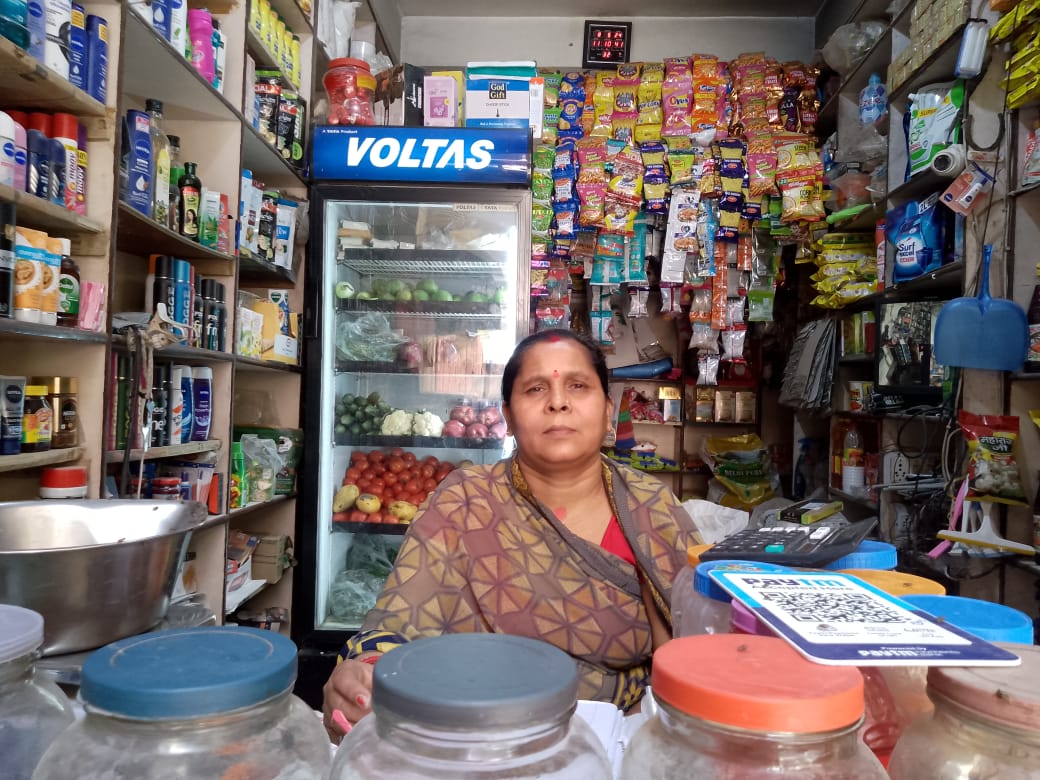
Pandit General Store run by Kunti Devi (45) and Raju Paswan (47) in Said-ul-Ajab, Delhi NCR/Glenissa Pereira
Support BehanBox
We believe everyone deserves equal access to accurate news. Support from our readers enables us to keep our journalism open and free for everyone, all over the world.
